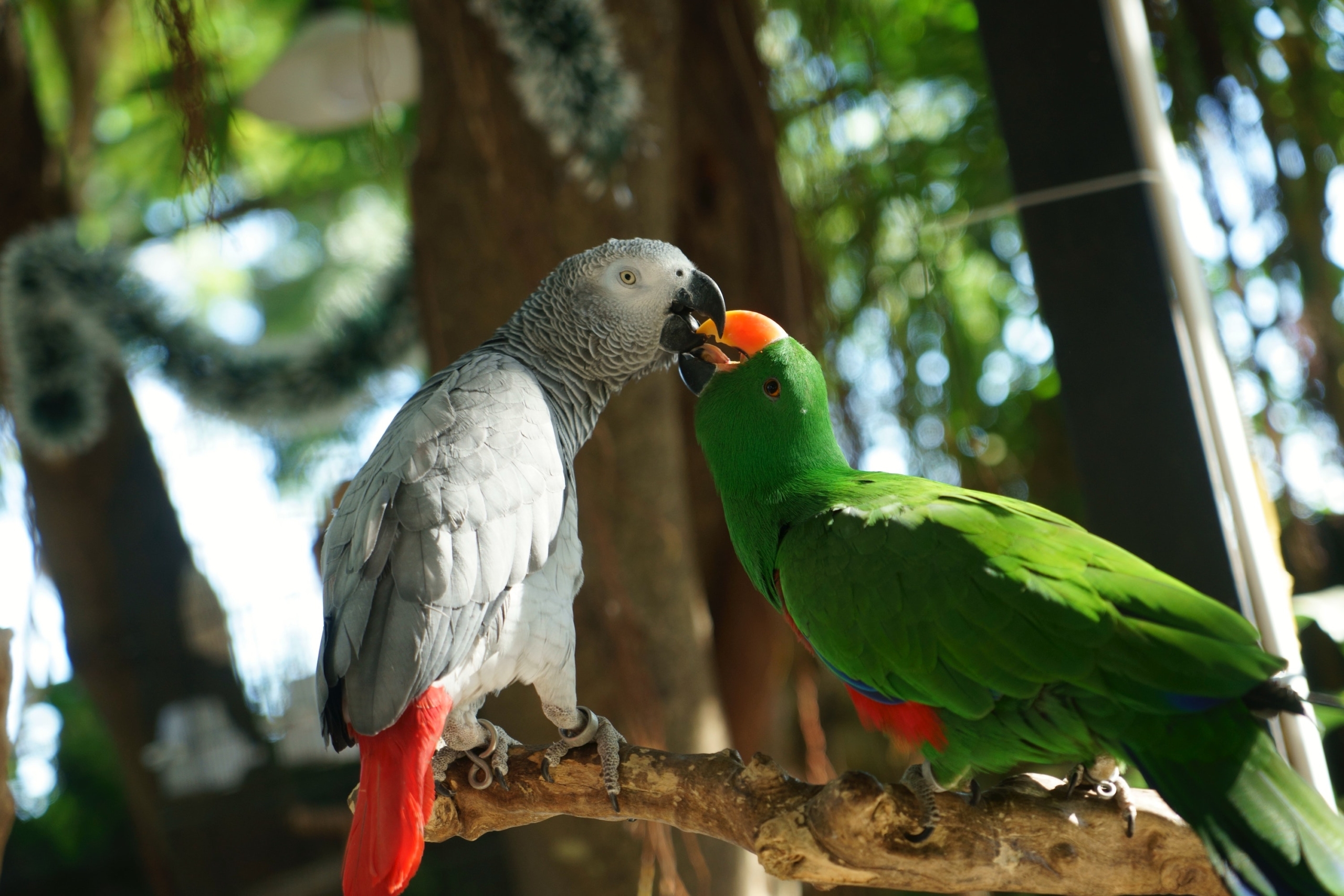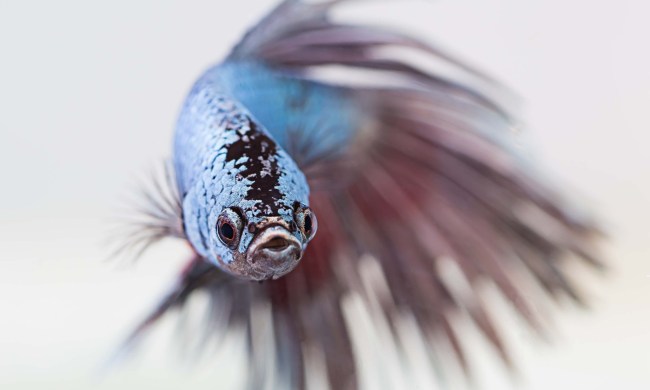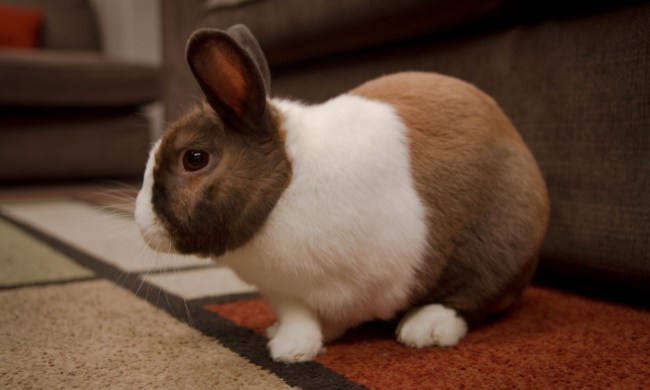Parrots are known for their talkative nature, and chances are that your parrot sings and chatters away throughout the day. Why is your parrot singing, and what do all those other noises mean? By better understanding the meaning behind your parrot’s vocalizations and body language, you can better understand and care for your feathered friend.
What parrot singing means
Parrots often sing when they’re happy. No two songs are ever quite alike, and your parrot’s song may quickly evolve, change tunes, and even incorporate whistles and the occasional squawk. Some parrots are more musically inclined than others, who’ll sing off-key — endlessly. In most cases, a parrot singing is most likely entertaining himself, entertaining you, or just having a good time sharing his musicality.

Understanding bird body language
While parrots usually sing out of contentment, learning to read bird body language can help you better understand the meaning behind your parrot’s singing.
The reason parrots bob their heads and sing is to indicate that they want food – but it may also indicate enthusiasm. Some parrots fluff out their cheek feathers past their beaks, another sign of contentment.
Parrots have other ways of showing that they’re content or eager to see you. Many birds fluff up their feathers in greeting you (though this can also indicate that your parrot is feeling aggressive, so watch his body language carefully). This feather fluffing is sometimes accompanied by tail wagging and flipping in happiness. Some birds blush whenever something makes them happy, whether that’s food or just your presence. A parrot who is happy to see you may also stretch out one wing while looking in your direction.
Other parrot sounds
In addition to singing, parrots make many other sounds you should be aware of. If your parrot is singing, he may also chatter and whistle as he explores the room or sits on his perch. Both sounds indicate contentment. A happy parrot may even purr.
Other sounds indicate that your parrot isn’t pleased or is feeling threatened. Clicking his beak rapidly is your parrot’s way of showing that he feels defensive and wants you to back away. This may be accompanied by a low growl to indicate that your parrot wants any threat to let him alone. Your parrot may even scream or shriek if he’s truly threatened. This sound is a warning that the parrot is in distress.
If your parrot is looking for attention or is slightly aggravated, he might squawk. Giving him a treat or a toy can help refocus his attention and stop the squawking.
Parrots also produce sounds that they’ve learned from their owners. Your parrot may learn to talk, using words and phrases that he frequently hears. Some will whistle if they want your attention. Parrots also often learn to laugh, seeing that you enjoy it. Don’t be surprised if your bird chimes in with laughter at both appropriate and totally unexpected points of the conversation.
While parrots make plenty of noise, they’ll intersperse that activity with periods of silence. If your parrot’s silence runs a bit long, he may be preoccupied (with eating, for example), or he could be resting up.
Signs of trouble
Hearing your parrot sing can be a reassuring sign that your parrot is feeling happy and healthy. If he stops singing for an unusually long time, this might indicate that he isn’t feeling well.
If you suspect that your parrot isn’t quite feeling himself, look for other signs that your bird may be sick. A sick bird might appear unusually tired and avoid eye contact. He might fluff up his feathers while assuming a more slumped posture. Some parrots might sit at the bottom of their cage and not eat.
Understanding your parrot’s typical behavior can help you quickly spot these signs of trouble. If you think your parrot is sick, take him to the vet immediately, since illnesses can rapidly progress in birds.
Hopefully, you won’t need to worry about recognizing these signs of trouble in your parrot’s body language. But by understanding bird body language and why your parrot sings, you’ll be a more aware and well-informed bird owner.


